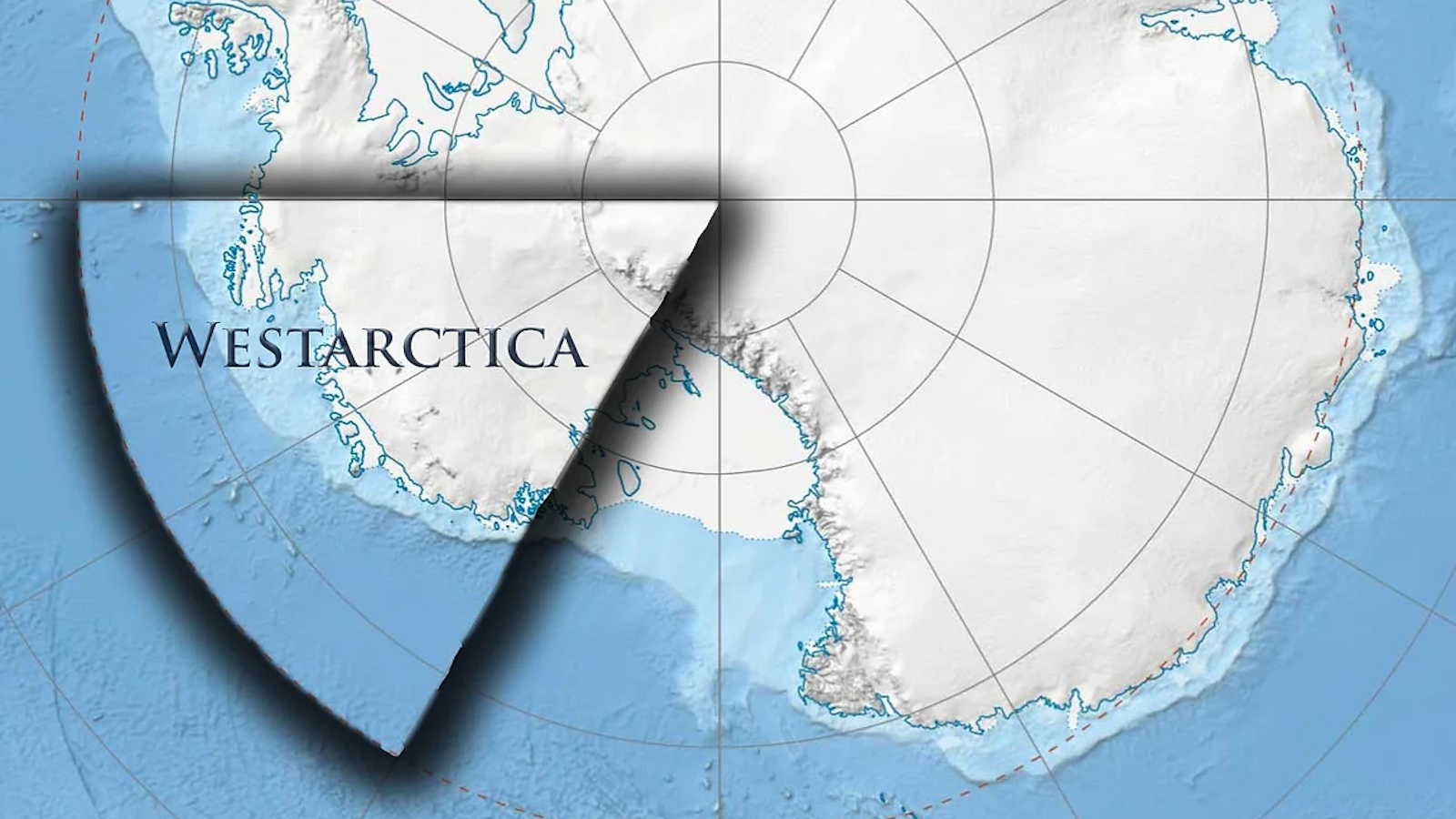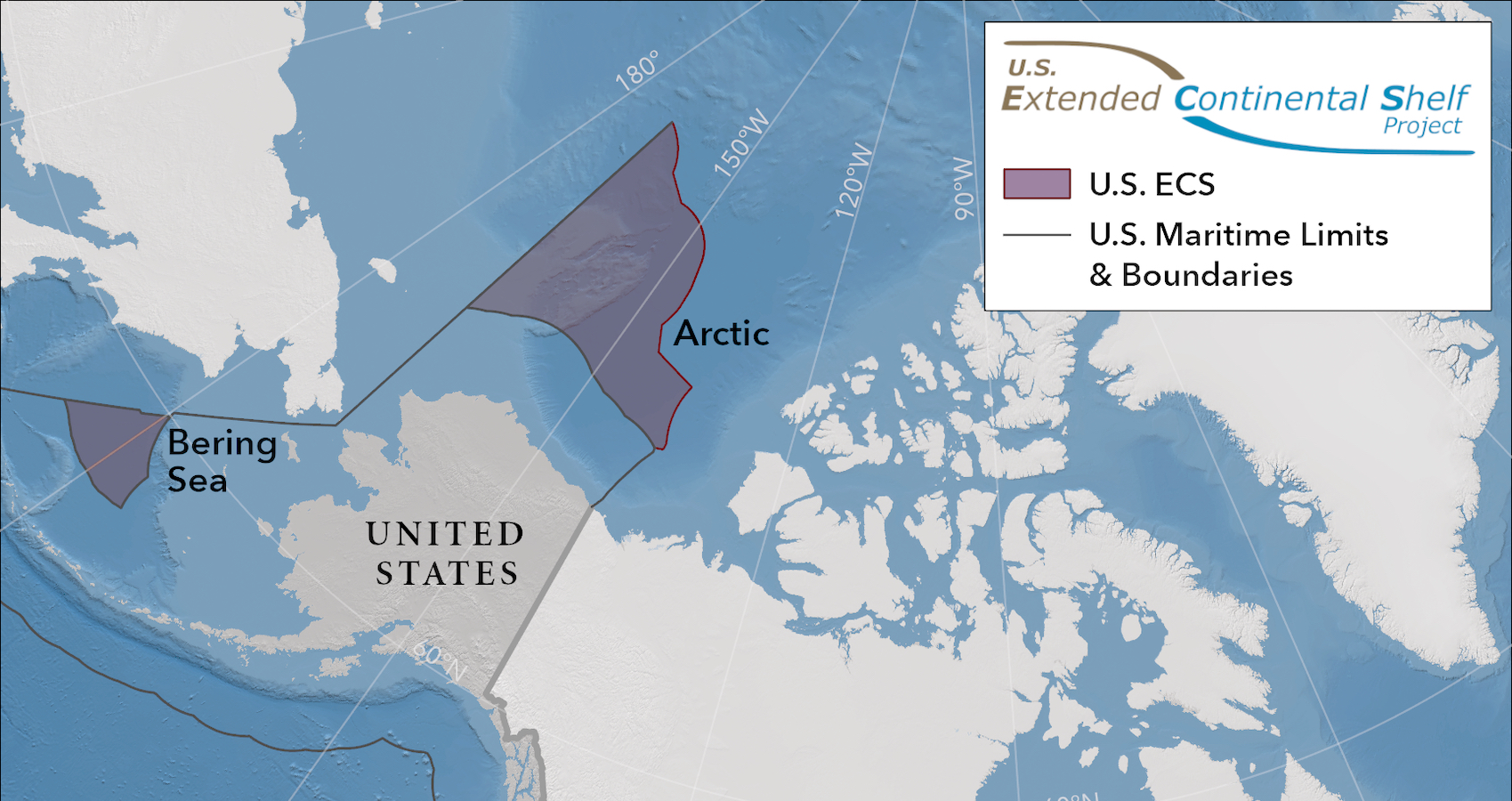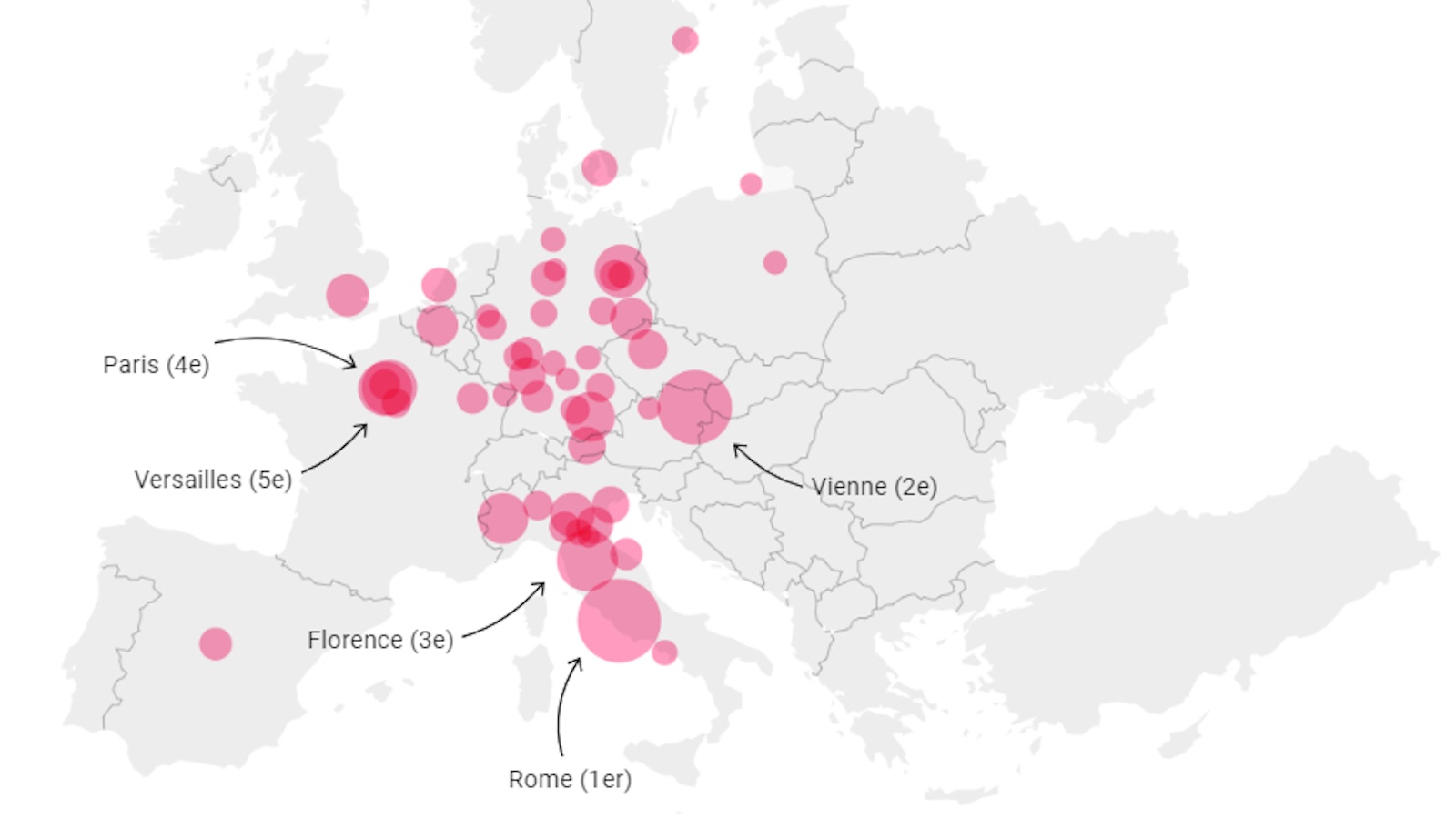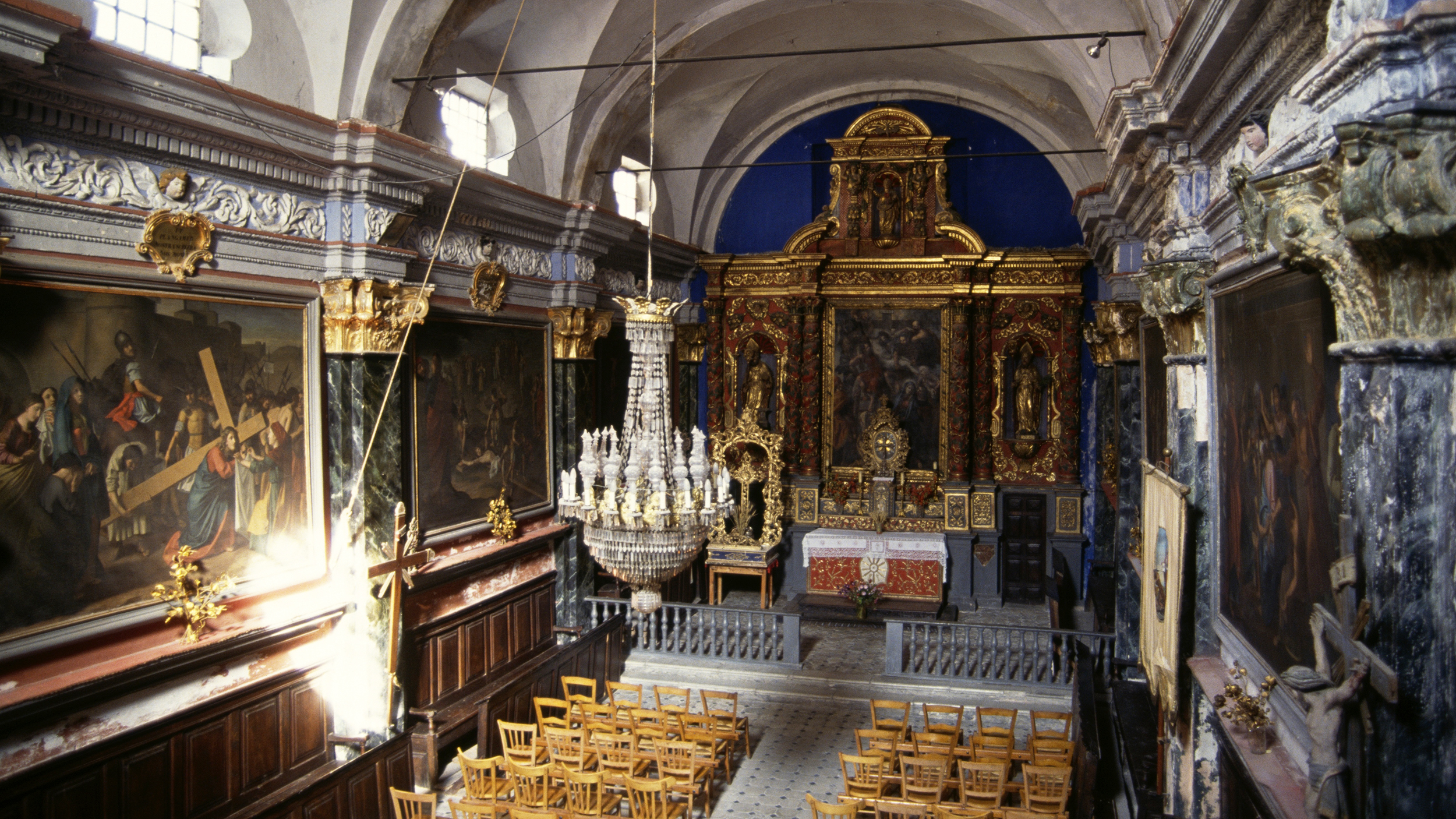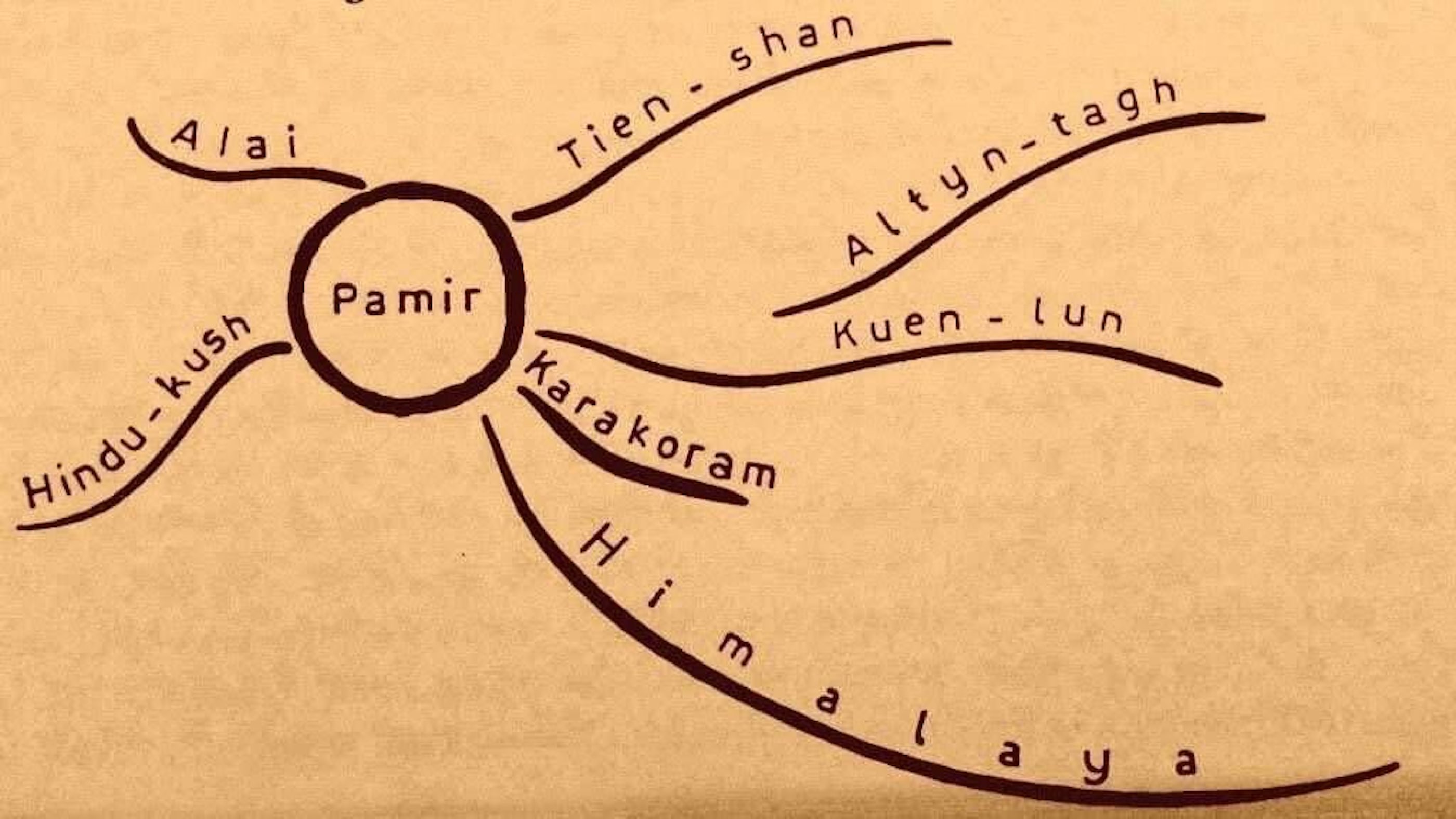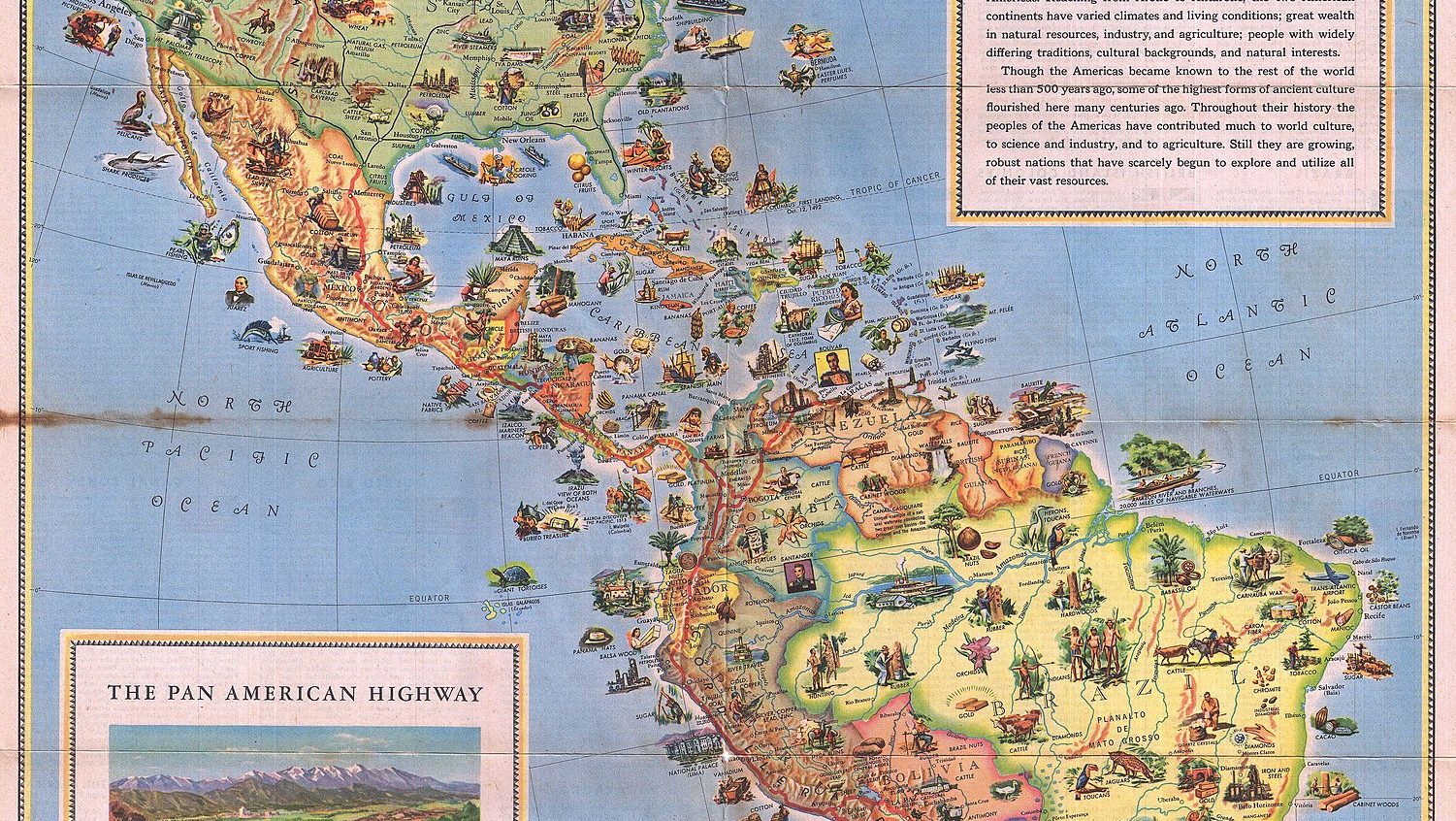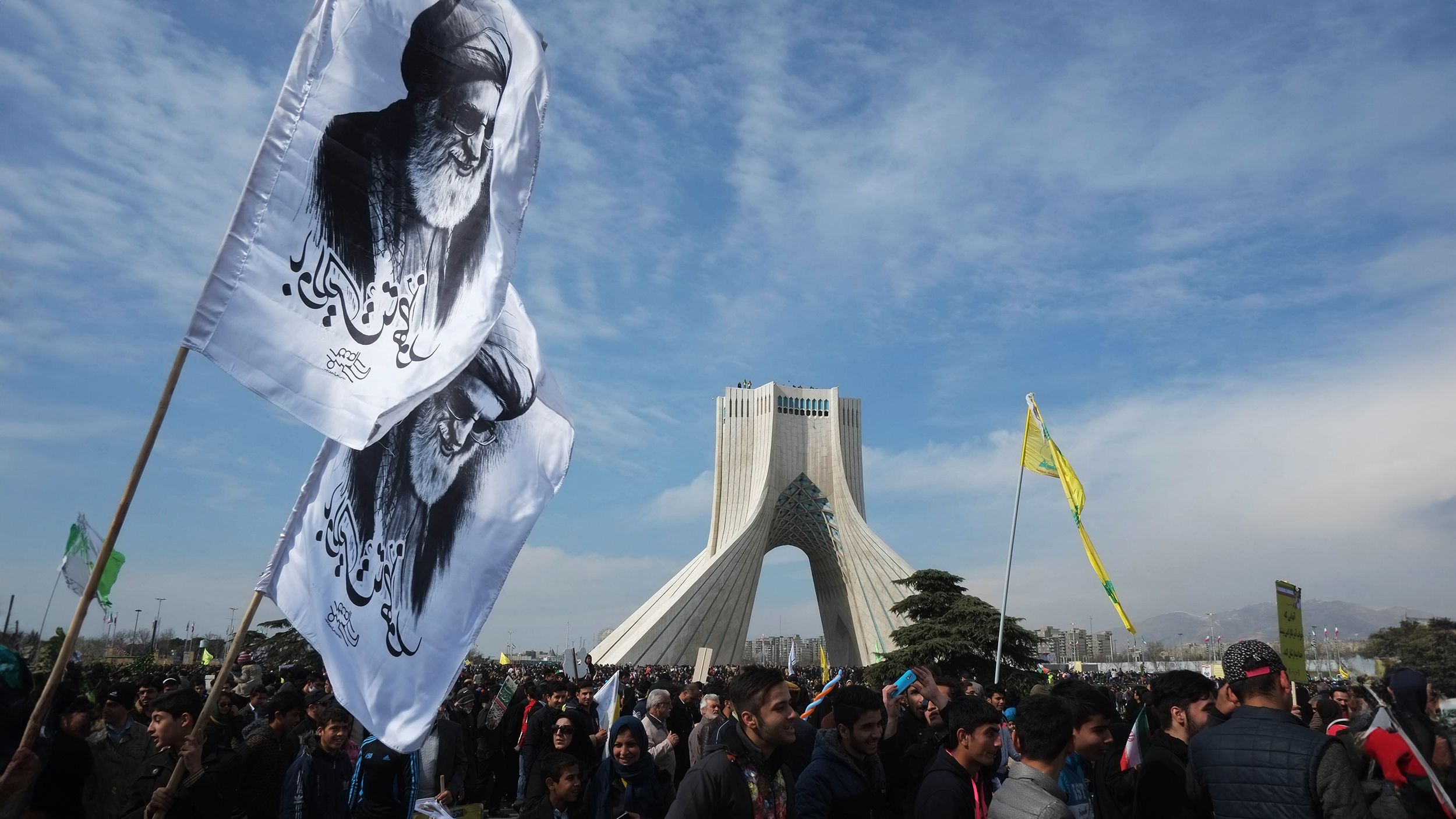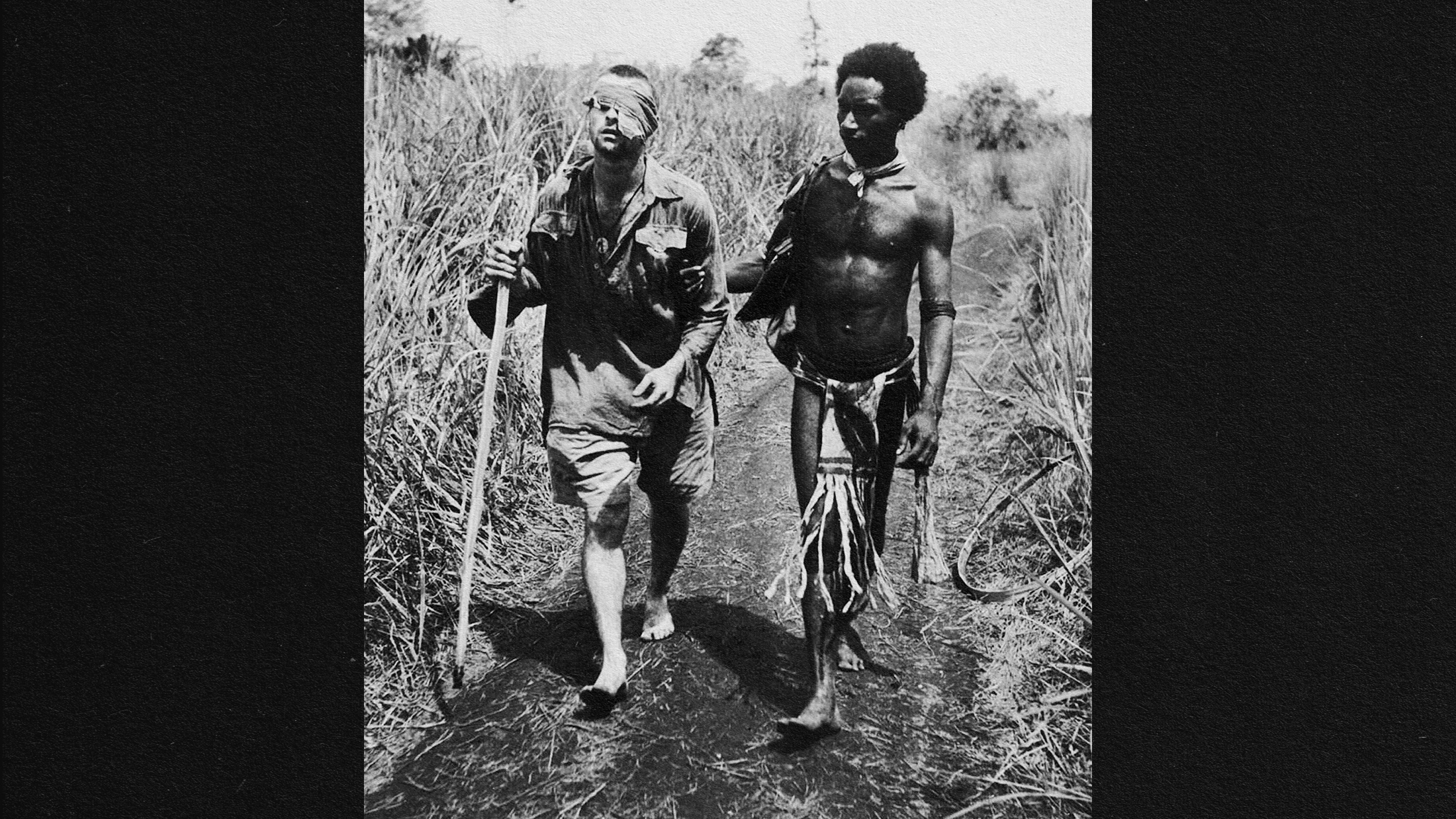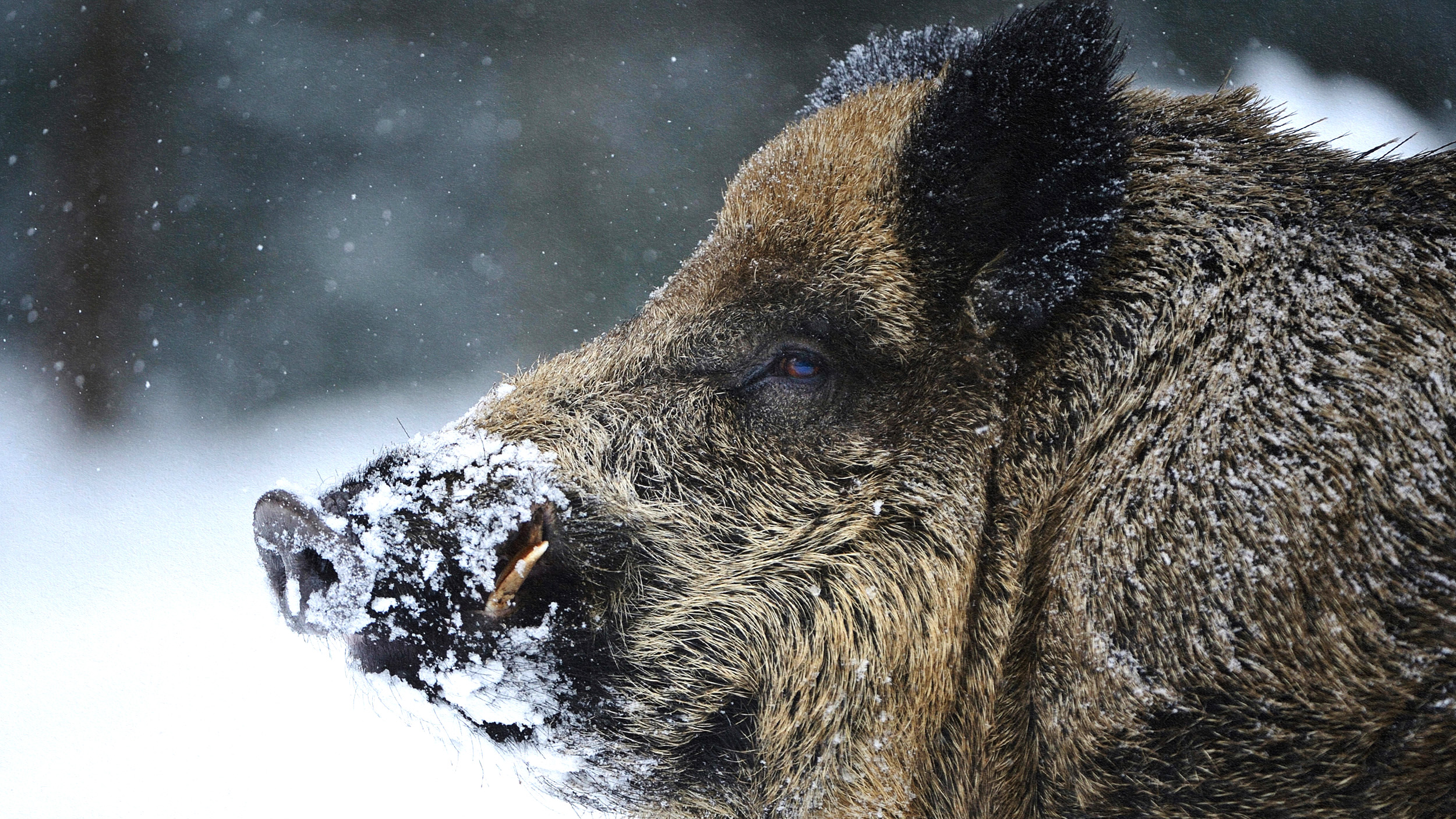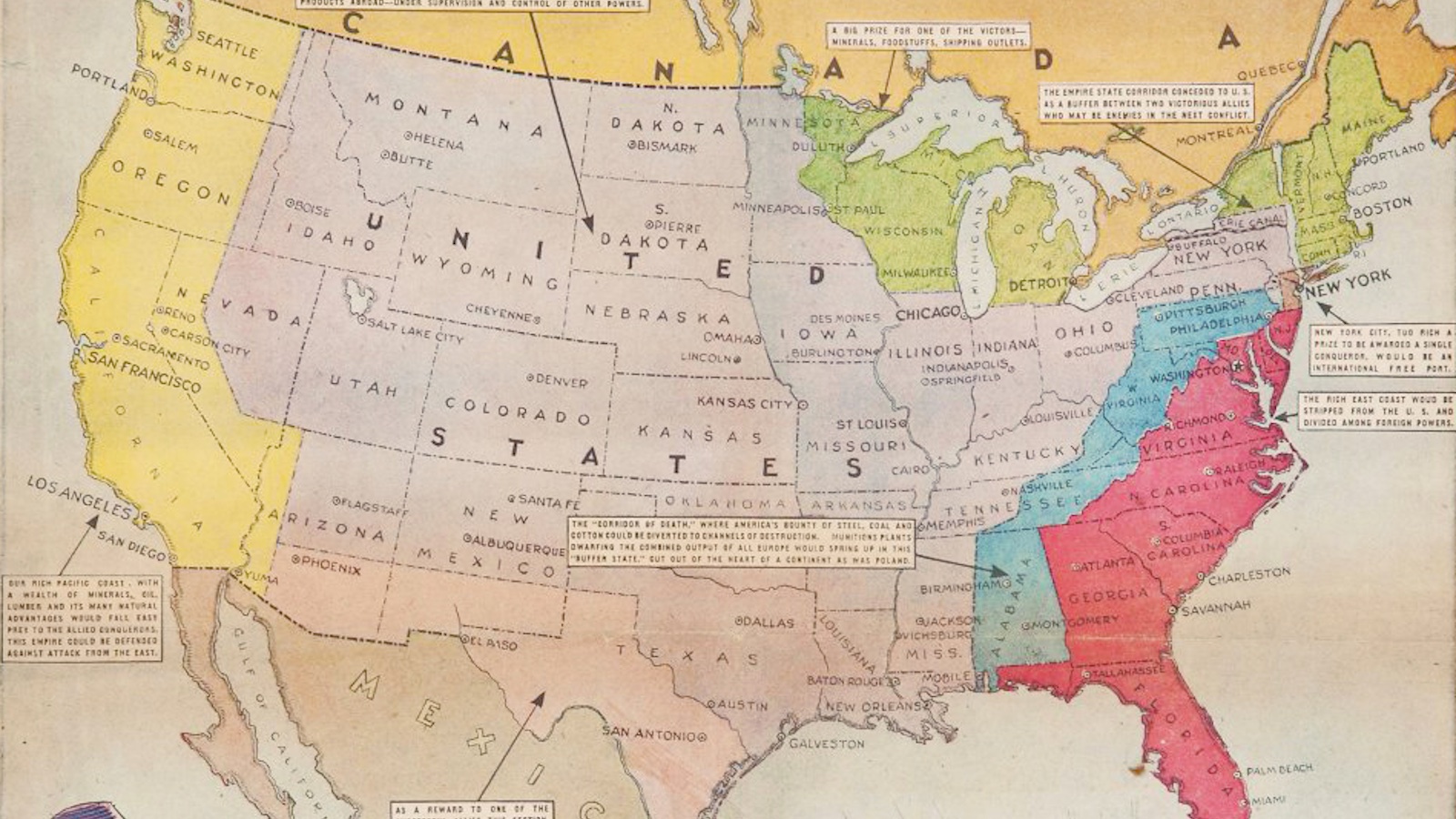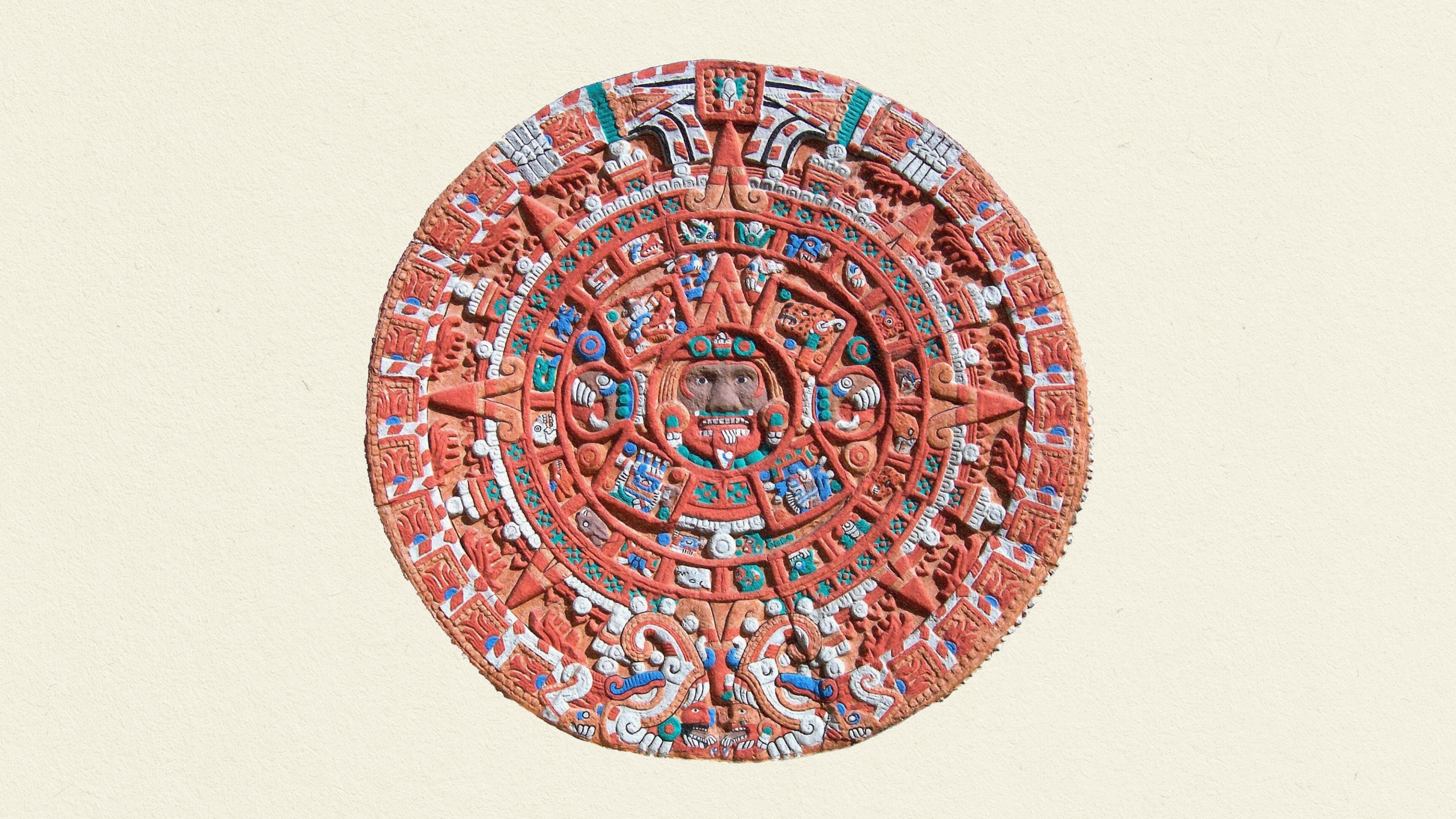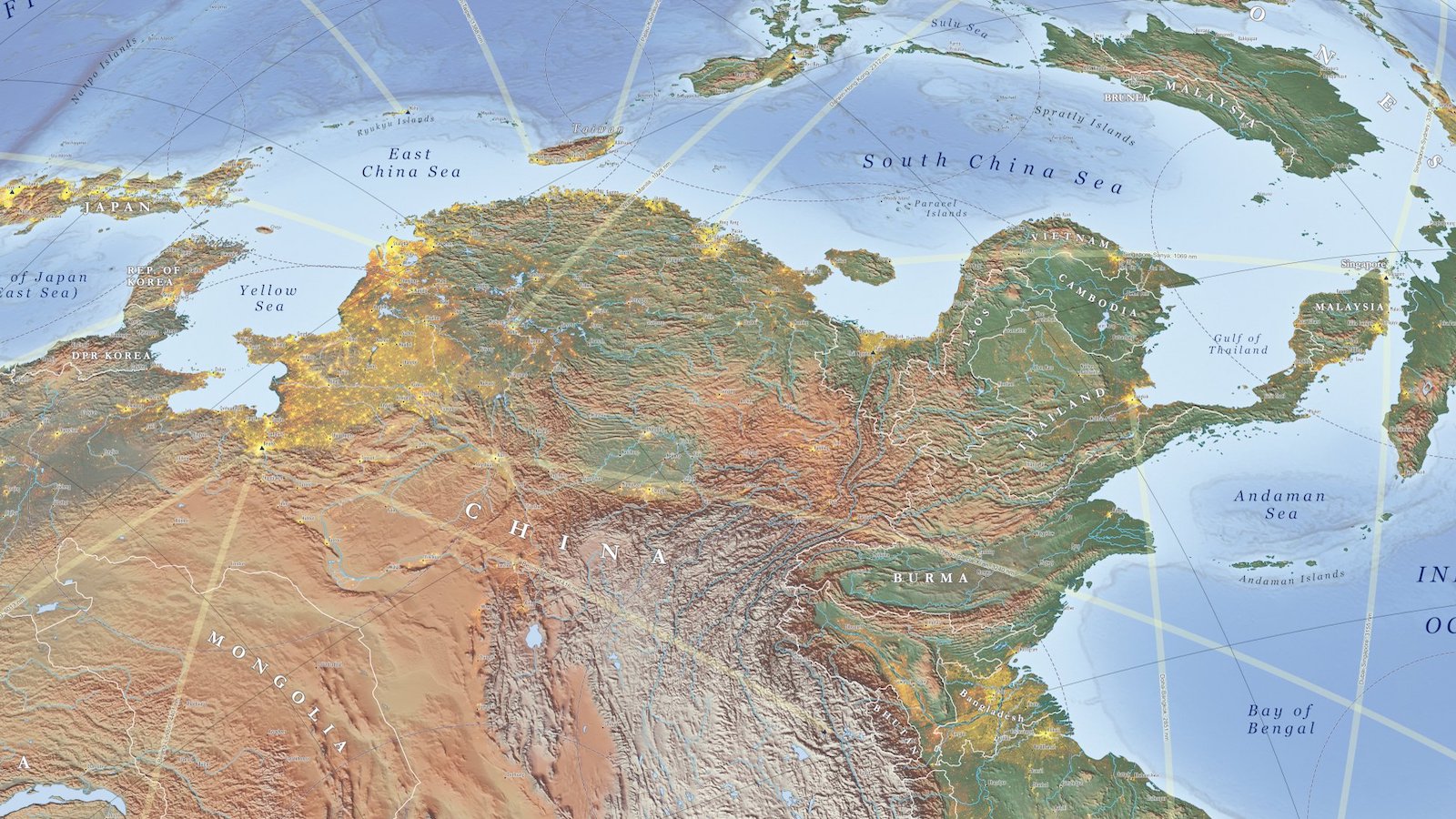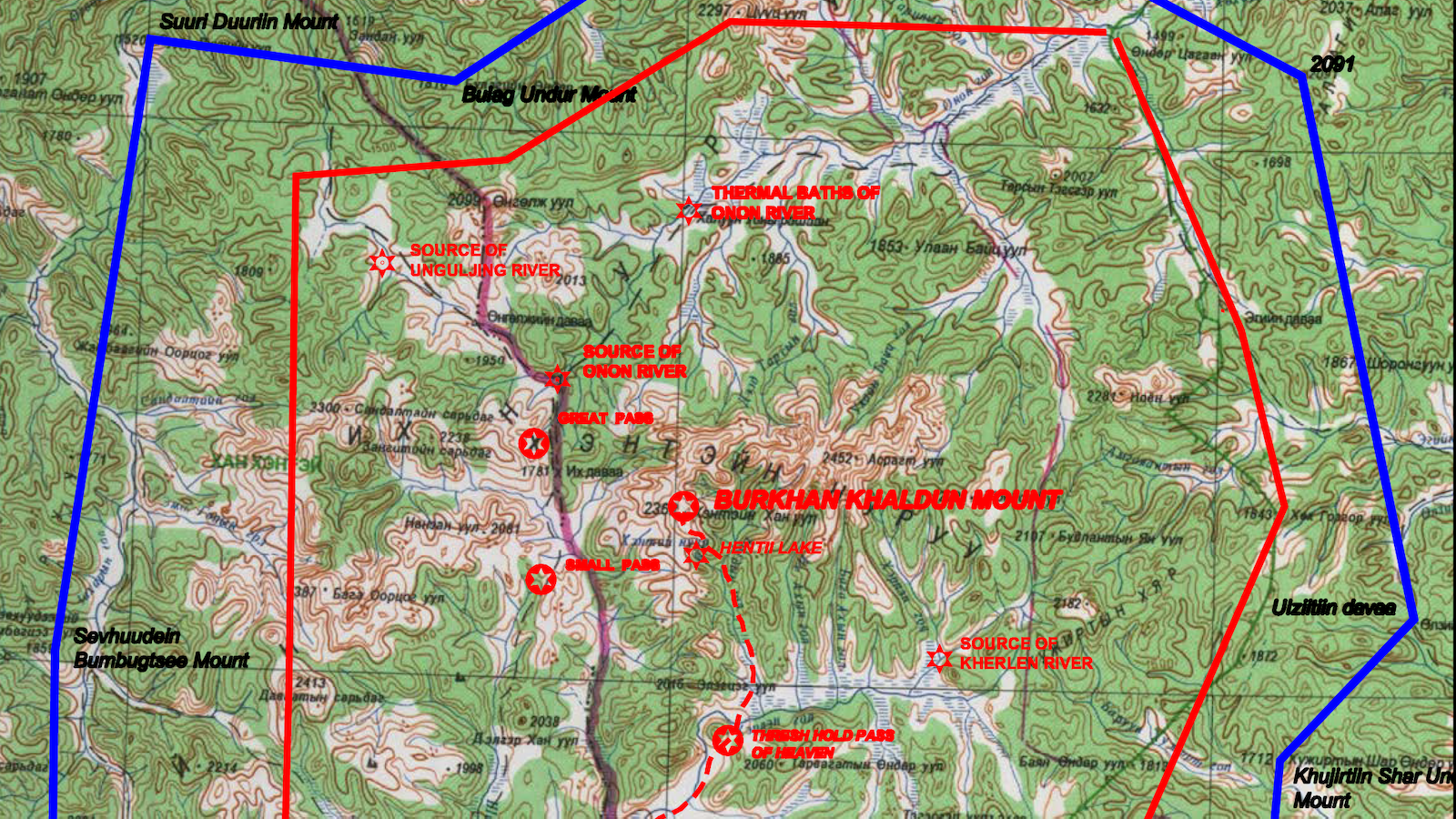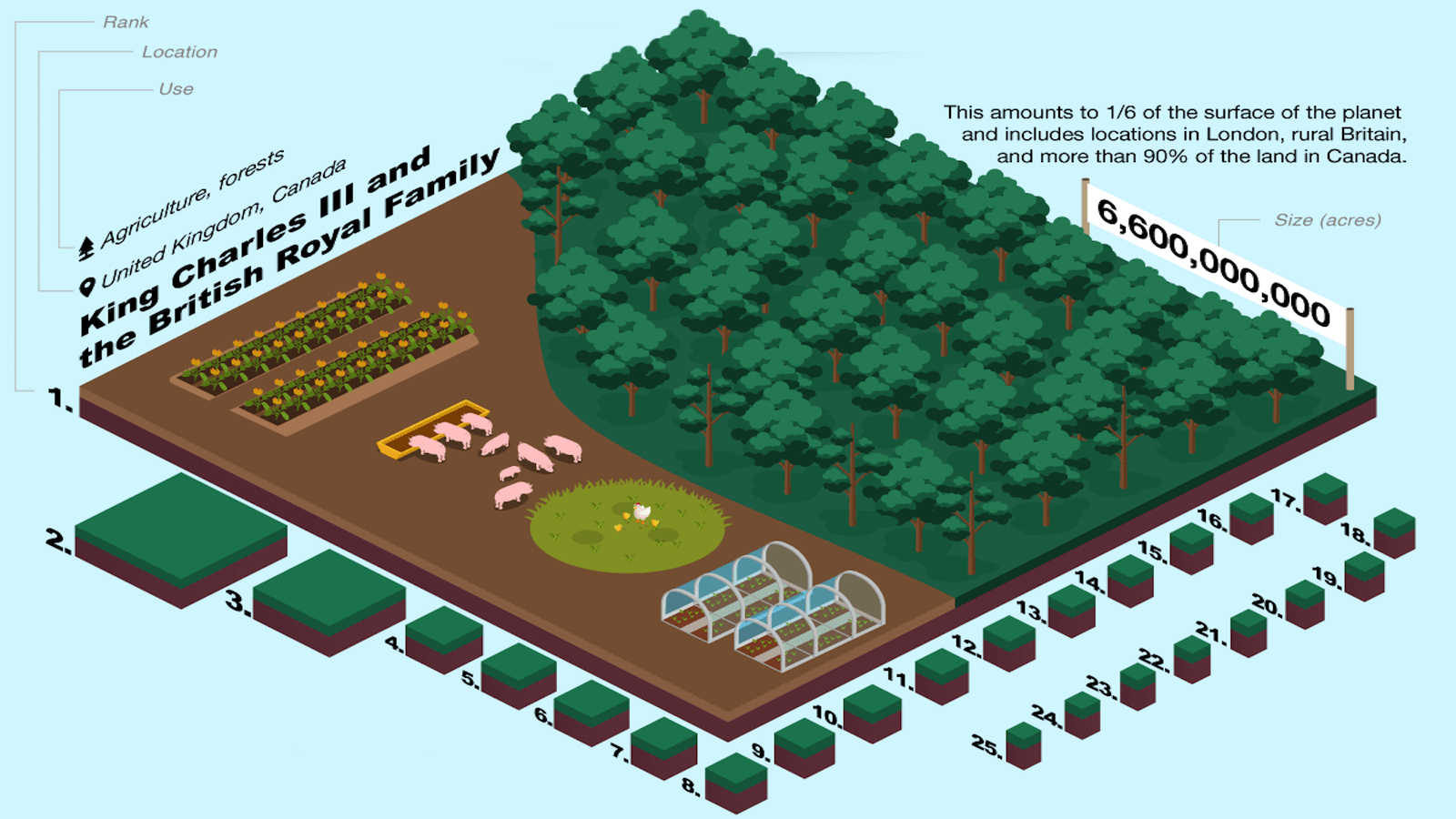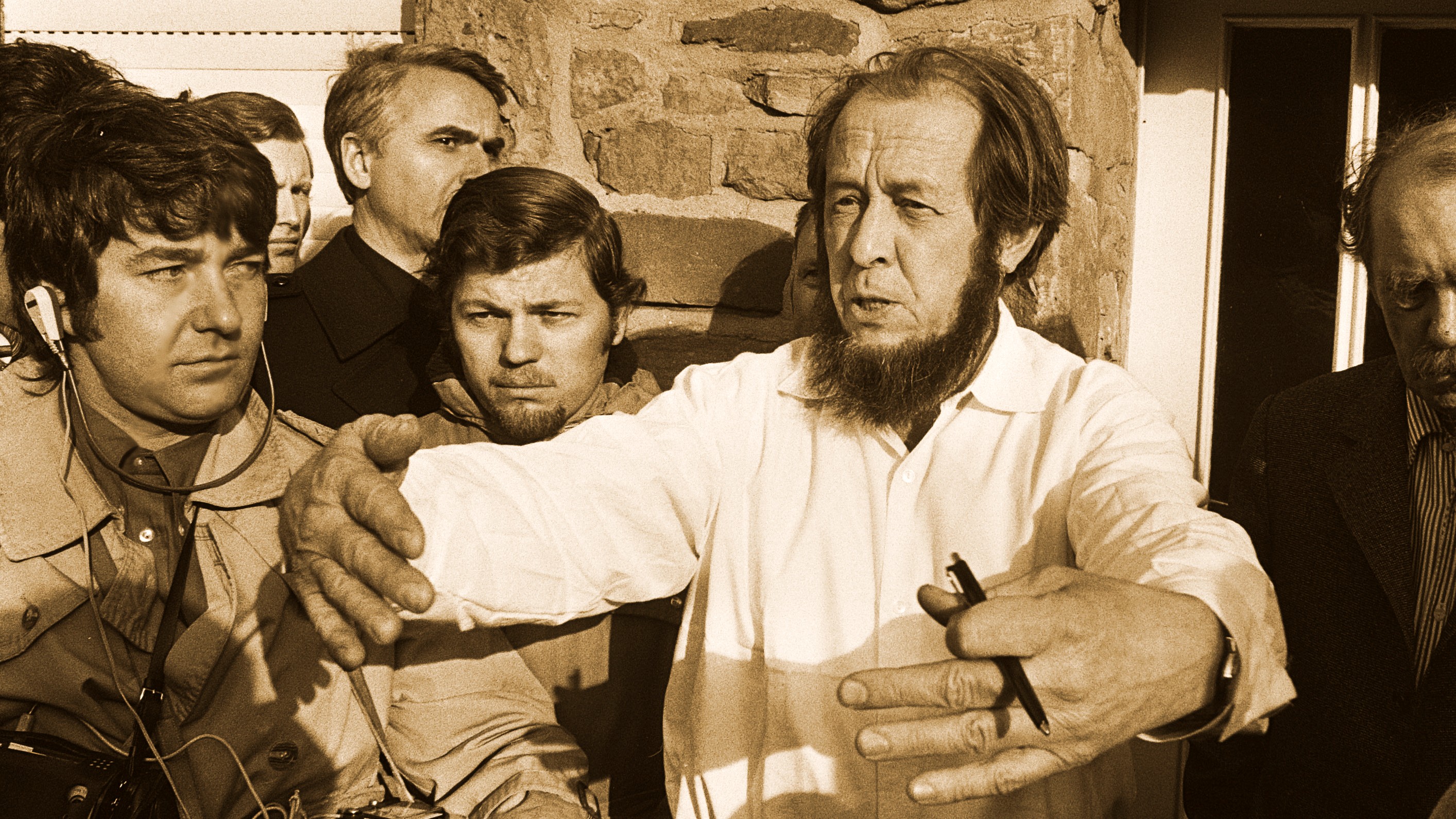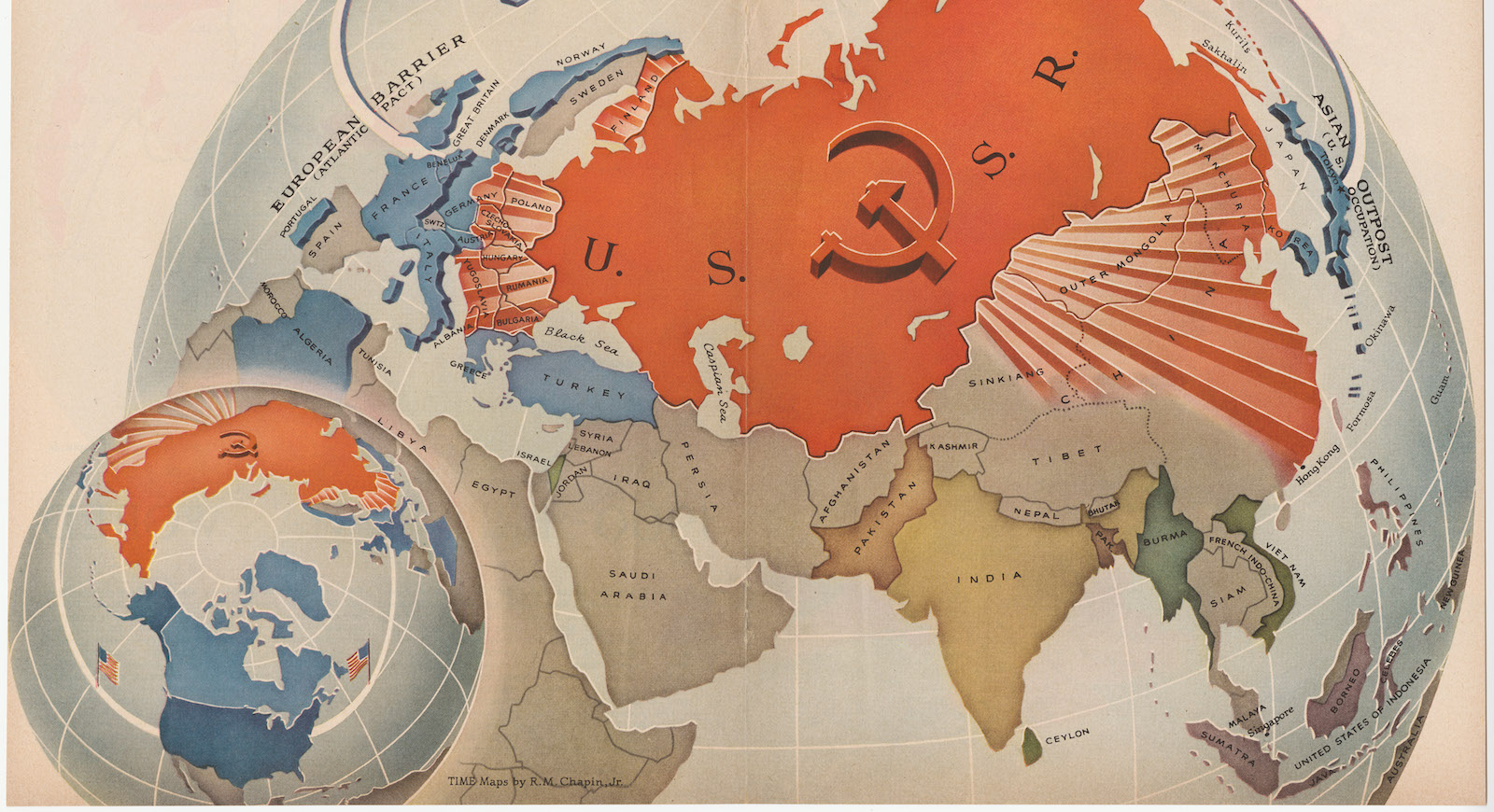geopolitics
The Antarctic Treaty of 1959 prohibited nations from making new land claims on the continent. But it never mentioned claims from private individuals.
Five times in U.S. history, American presidential candidates have ascended to leadership despite lacking the popular vote. Here’s how.
No shots fired. No flags raised. And no dry land gained. Still, the U.S. effectively grew by the size of about two Californias in December.
There is a cross-country correlation between democracy and health. Is there good evidence to suggest it is causal?
The U.S. ranked 59th worldwide.
Big Think spoke with AI expert Nick Jennings about the future of regulating fast-evolving AI.
Thanks to protocols established centuries ago in Europe, world leaders no longer need to worry about having their heads bashed with an axe.
Many countries’ histories are governed by the familiar demographic story of growth, industrialization, and decline. But not France.
This minimalist map unties Asia’s mountainous geography, centered on the “Pamir Knot.”
The Pan-American Highway began a century ago with a vision of unfettered motor-vehicle access between Alaska and Tierra del Fuego. What happened to the dream?
The Persian Constitutional Revolution made unlikely allies and enemies of missionaries, ayatollahs, the shah, and his Russian ambassadors. Its legacy shaped modern-day Iran.
Australian soldiers fighting the Japanese recruited native New Guineans to their campaign.
Still, the author’s main argument wasn’t totally discredited.
The region of Catalonia has been at odds with greater Spain for over 300 years. The prospect of autonomy remains a distant and fading dream.
Predictive power has perverse, anti-democratic consequences. So be a good citizen and lie to election pollsters.
Explore how belief shapes destiny, from Oedipus Rex to modern geopolitics.
While the steep rise of inequality in the United States is well-known, long-run data on the incomes of the richest shows countries have followed a variety of trajectories.
Opponents of America’s entry into the looming Second World War believed the U.S. would be dismembered.
When you turn a map of East Asia upside down, Beijing’s geographic constraints and regional ambitions become much clearer.
Is the vast “Khan Khentii Strictly Protected Area” the final resting place of Genghis Khan?
University College London professor Brian Klaas exposes the ugly truth about world leaders.
▸
6 min
—
with
Meet the world’s largest landowners.
For linguists, the uniqueness of the Basque language represents an unsolved mystery. For its native speakers, long oppressed, it is a source of pride.
Once a cosmopolitan faith, Islam valued intellectualism and modernity. It was derailed by various geopolitical and religious forces.
In a time when we dislike and distrust our politicians, why can’t we get more popular leaders like Kim Jong Un and Bashar al-Assad?
Soviet censorship was thorough yet fallible.
Cyberattacks are growing in number and sophistication.
“Who is the aggressor?” That depends on which of these maps you believe.
